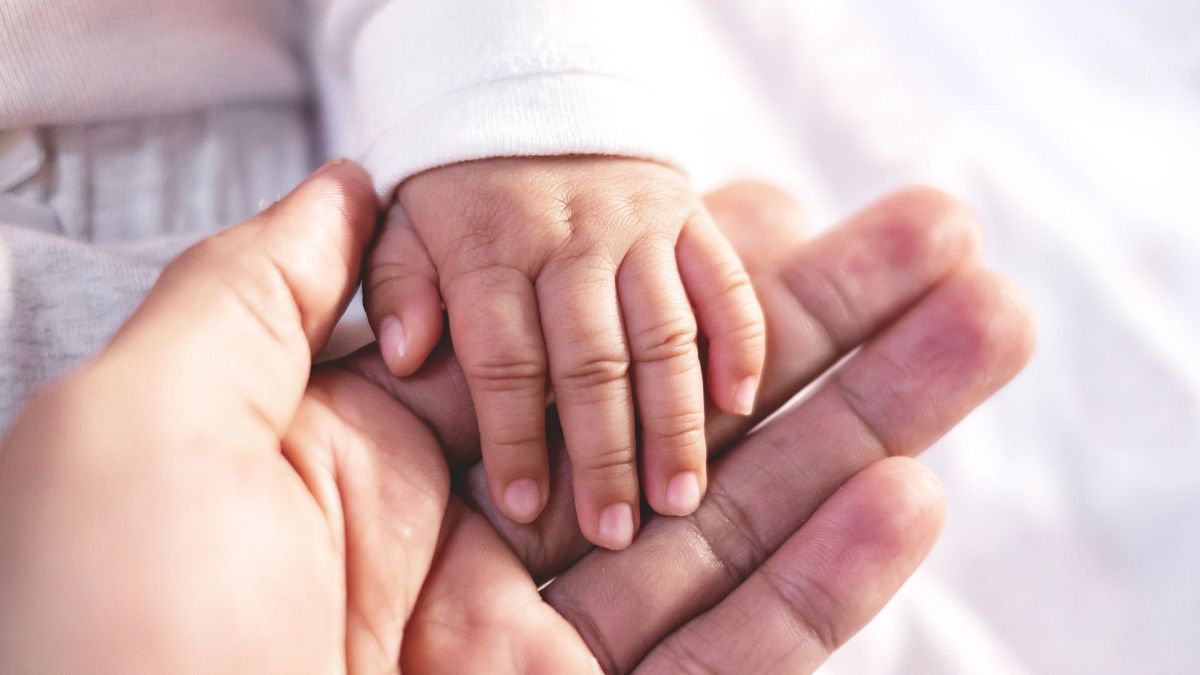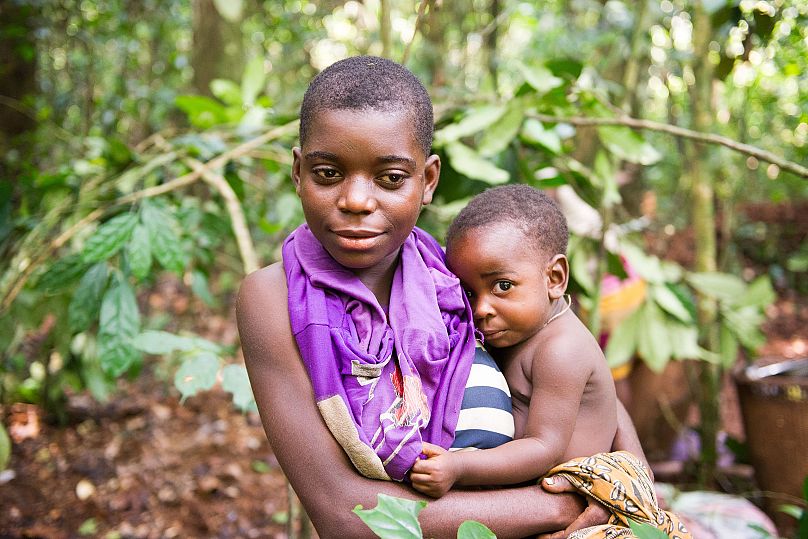The study suggests that children might be "evolutionarily primed" to expect a higher level of caregiver involvement than what is typical in modern Western cultures.
They say 'It takes a village to raise a child,' and as it turns out there might be some truth to that.
A recent study suggests that while modern parents assume more childcare responsibilities compared to their Stone Age ancestors, this approach may result in less effective parenting.
Anthropologists from Cambridge University delved into the childcare practices of the Mbendjele BaYaka, a semi-nomadic tribe in the Democratic Republic of the Congo, to explore how traditional societies care for their youngsters.
In contrast to contemporary parenting, where children are primarily cared for by their birth parents, the Mbendjele BaYaka had a communal parenting system, with more than 10 members of the tribe often attending to a child's needs.
The benefits of communal parenting
This communal approach allowed children to benefit from approximately nine hours of close contact with various members of the tribe, allowing mothers the opportunity to work and rest.
In contrast, infants in Canada and Holland received less than half an hour of close contact per day, highlighting a stark difference.
A significant portion of this interaction involves skin-to-skin contact, a type of connection that is now acknowledged by medical professionals for range of physical and emotional advantages, including helping to regulate a baby's heart rate and breathing, as well as enhancing brain development.
“For more than 95 per cent of our evolutionary history, we lived as hunter-gatherers,” says lead author of the study, Dr Nikhil Chaudhary.
“Therefore, contemporary hunter-gatherer societies [like Mbendjele BaYaka] can offer clues as to whether there are certain child-rearing systems to which infants, and their mothers, may be psychologically adapted."
The study conducted in the Democratic Republic of the Congo revealed a caregiver-to-child ratio exceeding five to one, a stark contrast to the ratios found in modern homes or nurseries.
The researchers proposed that children may be "evolutionarily primed" to expect high levels of physical contact and care, along with personal attention from multiple caregivers beyond their biological parents.
The team concluded that throughout human history and prehistory, parents have never faced the same pressures regarding a lack of support as they do today.
Dr. Annie Swanepoel, a child psychiatrist from Elysium Healthcare, highlighted the numerous benefits of supporting mothers, including reducing the risk of neglect and abuse, buffering against family adversity, and enhancing maternal well-being.





